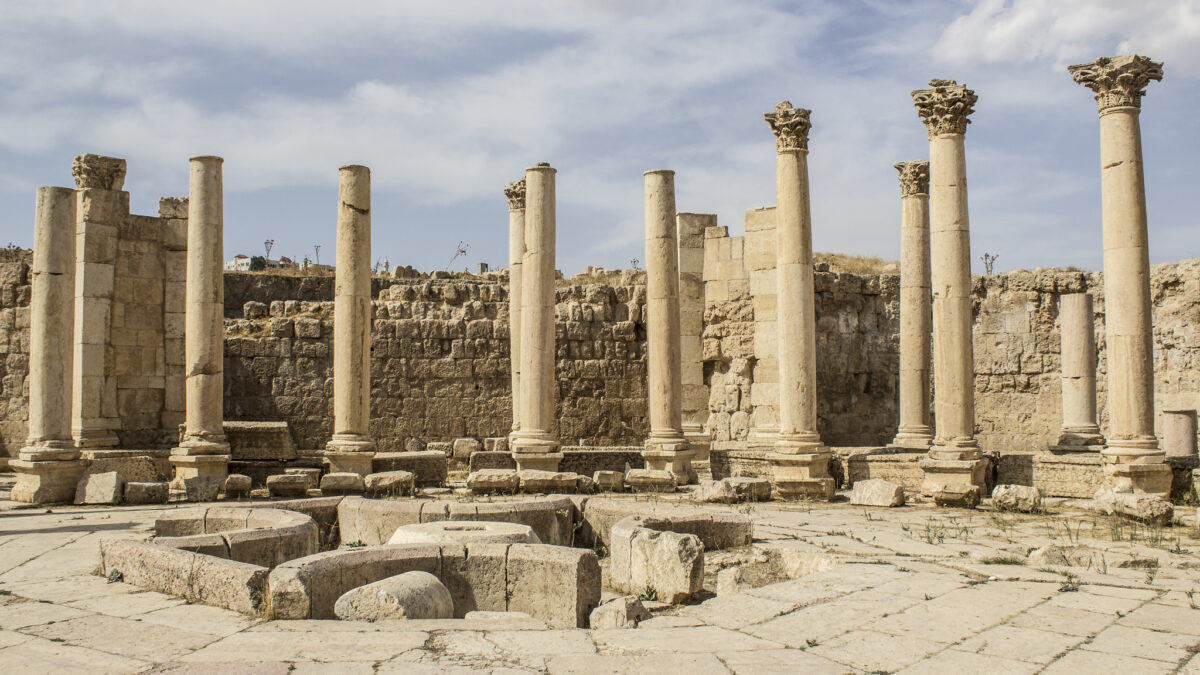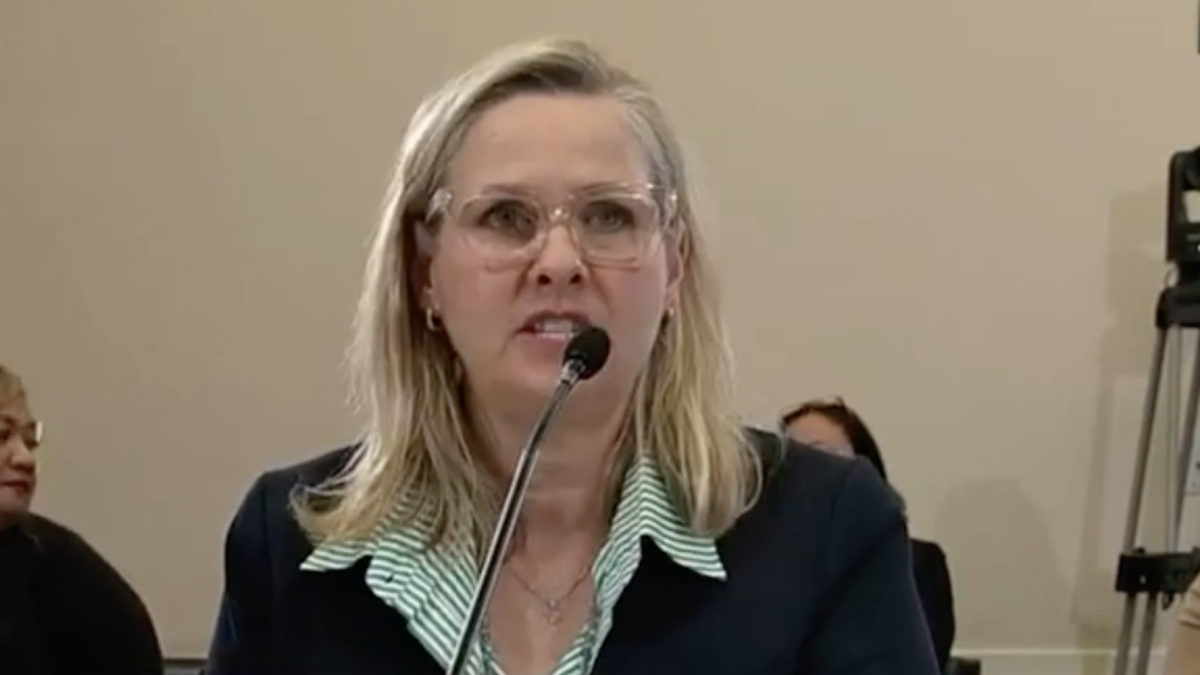
On Sunday, the Trump administration announced a revised and permanent set of travel restrictions for a list of countries as a 90-day travel restriction order, first implemented in March, was set to expire. The new order shuts down migration from seven countries: Iran, Libya, Syria, Yemen, Somalia, Chad, and North Korea. The last two countries replace Sudan and Iraq, which were part of the original travel ban.
In addition to the seven primary countries facing travel restrictions, the proclamation restricts travel from Venezuela and Iraq and increases scrutiny for travelers from those countries. In the case of Venezuela, this mainly targets officials working in the government of strongman Nicolas Maduro, and their family members.
The Trump administration had a tough time following the announcement of its first and second drafts of a travel ban earlier this year. The first version was rolled out sloppily, causing chaos at airports around the country and prompting massive protests from the Left, which accused the administration of implementing a “Muslim ban” because the seven original countries were all Muslim-majority (and because of Trump’s comments on the campaign trail). The original two bans were taken to court and the second is still pending review from the Supreme Court next month, although it expired on Sunday.
This Will Change Nothing for Reflexive Anti-Trumpists
No doubt, in spite of the change in the list and the months-long process in assessing each country’s suitability for sending travelers to the United States, there will still be protests and court filings. That’s because, for many, challenging Trump’s travel ban has little to do with the specifics of the policy and much to do with opposition to Trump himself. It’s something the anti-Trump movement can point to and say “See, we told you he’s a fascist,” despite the absurdity of the comparison.
The American Civil Liberties Union was quick to label the new proclamation a “Muslim Ban 3.0” although the list now includes two non-Muslim countries—North Korea and Venezuela. Could the administration have added these two countries to pre-empt accusations of bigotry toward Muslims? Possibly. Experts are already saying this order will be much harder to fight in court. It would be a smart move, no doubt.
But it’s equally possible that the administration officials who crafted the order rightly assessed that North Korea is a country from which we should not be accepting migration because of obvious security risks, and that Venezuela is a country in the process of an authoritarian takeover, whose government officials should not be rewarded with entry to the United States. What’s more, Chad was one of the new countries to join the list (replacing Sudan). But Chad, while technically Muslim-majority, is only 55 percent Muslim and 41 percent Christian, bolstering the argument that this isn’t just about Islam.
A More Careful and Tailored Travel Ban
Meanwhile The New York Times is reporting in its headline that the ban is “indefinite,” a somewhat misleading statement. It’s true that, as opposed to the last travel ban that the Trump administration ordered, this one has no definitive end date. However, the ban for each individual country will last only so long as that country continues to be either unable or unwilling to meet U.S. standards for providing information about individual travelers. This time around, there are also different restrictions for different countries, based on specific security concerns for each one. It is not a blanketed “ban.”
That is part of the more careful approach that the administration took this time around. The original intention of the 90-day travel suspension was to give the government more time to scrutinize the vetting process for travelers from what it considers to be high-risk countries. Based on the changes to the list, and the more nuanced application of those restrictions, it appears the administration has been successful in that effort.
The government says the ban is meant to protect the United States, but it has also been constructed to incentivize behavior changes, allowing for improved cooperation between America and the countries on the list. In fact, this approach has already worked. In July, the U.S. government warned a longer list of countries that they didn’t pass muster, giving them 50 days to improve to avoid going on the travel restrictions list. Several countries used that time to improve their screening standards, as per the U.S. government’s request, and avoid being put on, or in some cases avoid remaining on, the list.
Whether the changes to the latest travel order will make any difference to Trump opponents will remain to be seen. Most likely, the diehard opponents will still take the battle back to the courts and hope that a sympathetic judge will side with them and their argument that the list is really about anti-Muslim bias.
An entirely different question is whether the travel restrictions are an effective way of preventing terror attacks in the United States. Given the enormous influx of migrants to Europe in the past few years and the ongoing radicalization of Muslim European youths, those who mean America harm could still easily make their way across the Atlantic. Seen in that light, Trump’s new travel ban might survive a court challenge, but it is a little like putting a Band-Aid on a gunshot wound.
A version of this article appeared as the lead essay in our foreign policy email newsletter, INBOUND. Subscribe here.









